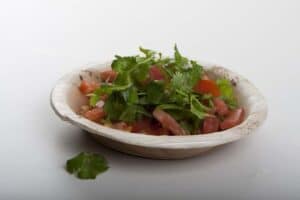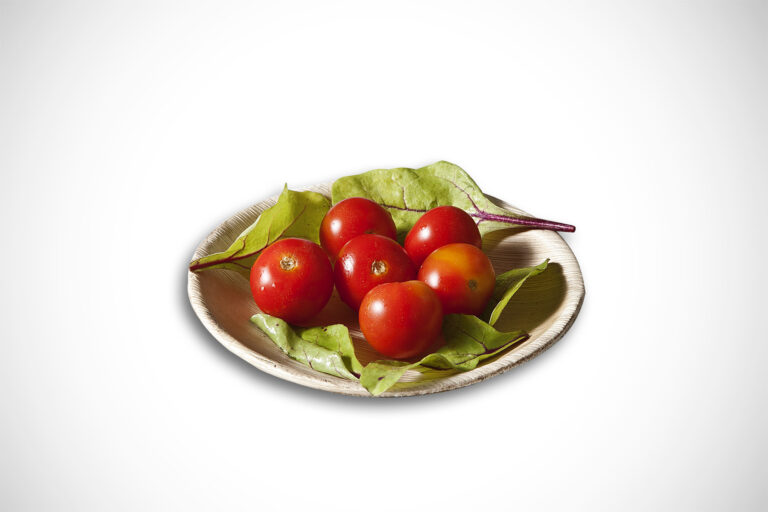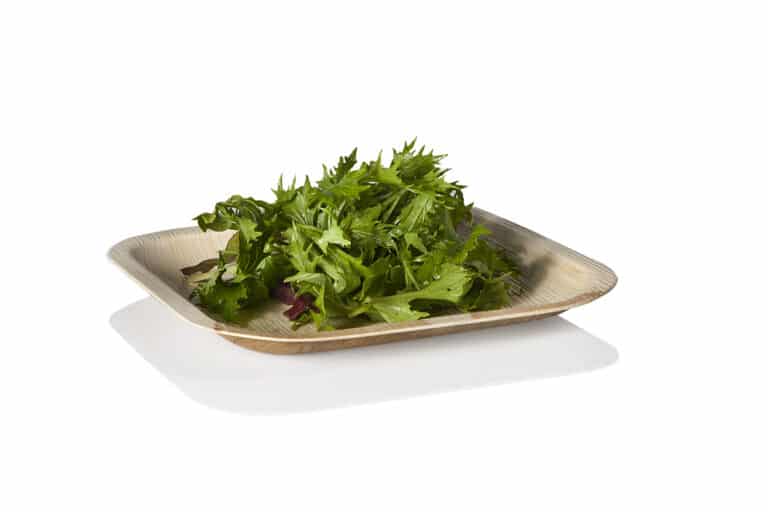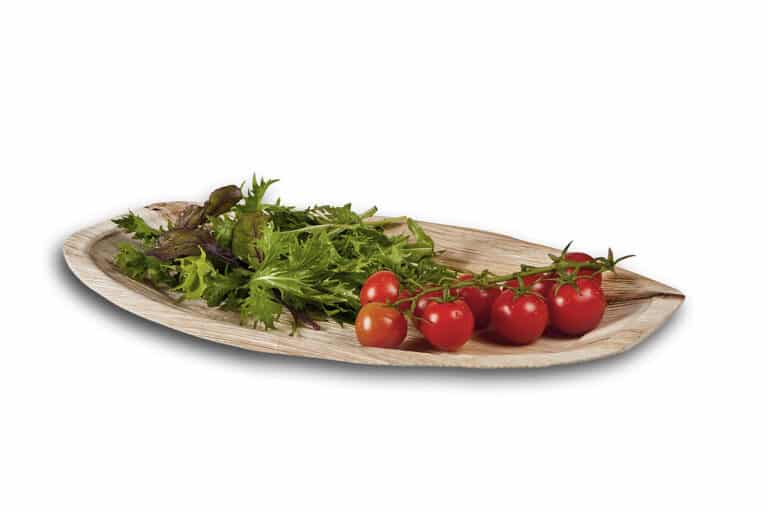Consumers need to think in an eco-friendly and sustainable way these days. If in the past we could have bought things based on quality and price, now we can not. Well, we can, but it might be bad for our environment. We need to adopt an eco-friendly way. A sustainable way. It does not mean we need to pay more, on the contrary, we can even pay less for an eco-friendly product or service in some cases.

Eco-friendly and sustainable consumption of food.
It is indeed not just the food itself, Let’s have a look at some important factors.
Make it local and seasonable.
If you buy and consume locally you basically minimize the transport of the product. If you can buy, for example, tomatoes that are grown near you, then there is no reason to buy tomatoes that arrive by airplane. Usually they would be much more fresh and tasty in this way.
Emissions from aviation are a significant contributor to climate change. Emissions from aviation are growing faster than any other mode of transport. If the aviation industry were a country, it would place sixth in emissions, between Japan and Germany. Left unchecked global aviation will generate an estimated 43 metric gigatons of carbon dioxide emissions through 2050, constituting almost 5% of the global emissions allowable to keep global warming below 1.5 degrees Celsius.
Buying locally will avoid these huge emissions and have another advantage. You also help your local economy and local farmers. If you buy in local markets this is even better. This way you make direct connections with the farmers and have social impacts on your community.
The packing or why is it packed?
Let’s make it simple. Buy in bulk and avoid packed food. This is easy with fruit and vegetables. Even with many kinds of legumes, nuts, rice, coffee, etc. There is no need to buy packed food for these sorts of food. Even if the packing is compostable or recyclable. It is really usually just for branding issues and you can easily avoid it. By the way, this will usually make the product more expensive for you, than if you buy in bulk. It is easier these days to find shops that sell a big range of bulk products. In many of them you can come with your bags from home and buy them in bulk.
If the food you are buying needs to be packed, then you need to check the packing and if the market offers alternatives. Usually there will be a pack that is sustainable and compostable and this off course it will be your preferred packing choice. If not, then look at least for a pack that is made from recycled materials and that can be recycled.
Minimize
Another important factor for your eco-friendliness is to look for products that are packed in bags instead of cans made from plastic, glass or metal. Try to minimize the amount of packs you buy. This is important because of a few aspects. First thing is of course that during production less energy and materials are needed. Second thing, if the consignment has a total of lower weight, the pollution that produces the truck is lower as it serves less fuel for this consignment. Last but not least, is that you as a household produce less waste. Of course if the bag is compostable it’s better, but even if it’s just recyclable, you really reduce your household waste.
If you buy just once nice glass or ceramic jars, every time you go shopping, you can just go for the bulk sections with lightweight packing bags. At home just empty the bags to your nice and reusable jars. Yes, it is even more economical, not just more eco-friendly, as these products are usually cheaper.
So, every time you go shopping ask yourself, why is the product packed and see if it’s really a must.
Do we have eco-friendly or sustainable foods at all?
Yes, we have.
Apart from buying locally, seasonally and with minimum packing there is one more important factor we must think about. We need to reduce meat consumption.
2.5kg of greenhouse gasses are emitted while producing 1kg of wheat. 70kg of greenhouse gasses are emitted while producing 1kg of beef. Plant based food (with the correct packing or bought in bulk), is your best sustainable option.
In addition, grazing animals require a lot of land, which is often cleared through the felling of forests, as well as vast tracts of additional land to grow their feed. Livestock also produce large quantities of methane, a powerful greenhouse gas.
Our shopping must contain much more plant based (hopefully local and seasonal) products and much less meat and dairy products.
Final thoughts
We can for sure do much more. All of us. If we know the solutions we just need to adopt them. Each one of us, even if each one of us adopts just some of the ideas it is a huge change for the environment,
For example, a decade ago, disposable plates plates available in the market were mainly plastic, Styrofoam and paper plates. These days the eco-friendly and sustainable choice for disposable plates is fairly big. Bamboo plates, Birchwood plates, sugarcane plates and above all compostable and even sustainable Areca leaf plates dominate the market. They are found easily and the price is reasonable.
So hopefully, in a decade, or even less we will find much more sustainable solutions also when going to your supermarket. Much more local and seasonal, much less packing and much more plant based foods.







